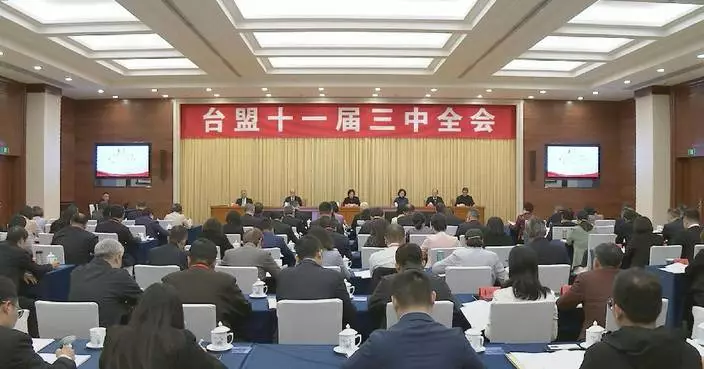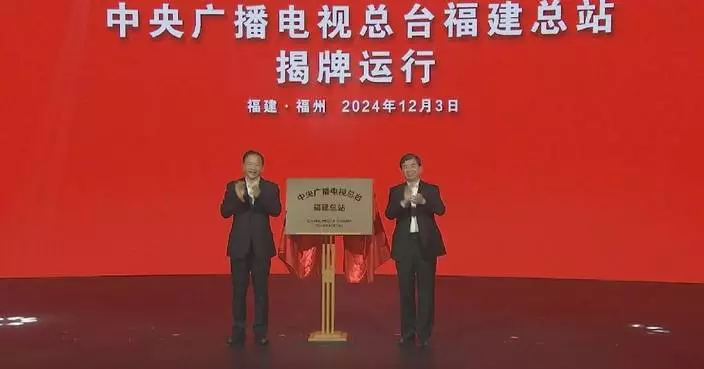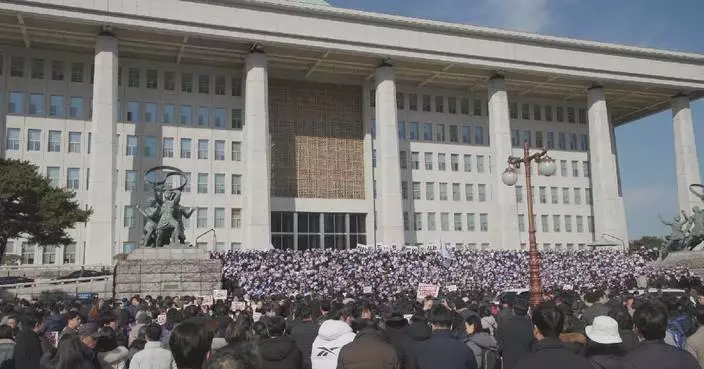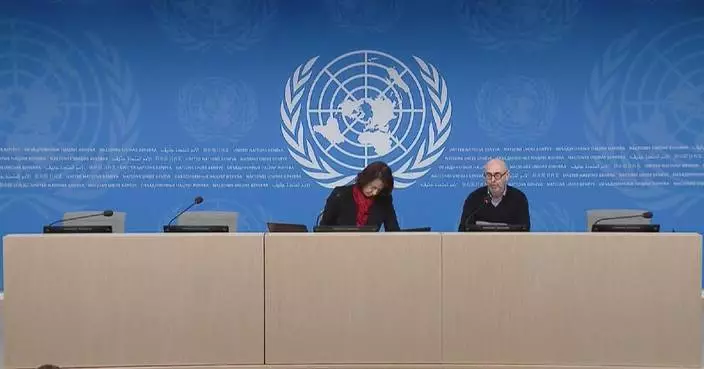Iran's Foreign Minister Seyed Abbas Araghchi on Monday accused Israel and the United States of fueling instability in Syria, reaffirming Iran's steadfast support for the Syrian government. During his visit to Türkiye, Araghchi noted that, based on the information obtained by Iran, the terrorist groups operating in Syria are linked to both Israel and the United States. He asserted that the ongoing conflict in Syria is part of a broader plan by those two countries to destabilize the region.
As a neighboring country, he emphasized the urgent need to take swift and effective measures to prevent further instability in Syria. Iran, he declared, will continue to stand firmly by the Syrian government and its people.
At a press conference on the same day, Iranian Foreign Ministry spokesman Esmaeil Baghaei stressed the responsibility of Iran and other parties to mobilize the international community in the fight against terrorism. He condemned the U.S. for its military presence in Syria, calling it "illegal".
"We believe that terrorism and extremist groups have never posed a real threat to the United States. Ironically, the U.S. claims its presence in Syria is to combat these groups. But if that's true, why have terrorist and extremist groups proliferated in the region? The U.S. presence in Syria is an act of aggression and a violation of international law. It is clear that one of the reasons terrorism has taken root and continues to thrive in Syria over the past few years is the stationing of U.S. forces there," said Baghaei.
Baghaei emphasized that regional countries have reached a consensus that the spread of terrorism in Syria not only endangers Syria itself but also threatens the security and stability of the entire region. This shared concern, he noted, will prompt Syria's neighboring countries to intensify their efforts to combat terrorism.
Baghaei further pointed out that the recent resurgence of terrorist activities in Syria is no coincidence and is closely tied to Israel.
The spokesman noted that over the past year, Israel has intensified its attacks on Syria, weakening the country's military forces and infrastructure, thereby creating a breeding ground for terrorist groups.
He reiterated that Iran, at the invitation of the Syrian government, has long been providing assistance to Syria, including sending military advisors. This cooperation, he added, remains ongoing.
Iran will continue to engage in consultations with regional countries to address developments in Syria and prevent the spread of conflict and terrorism across the region, said the spokesman.
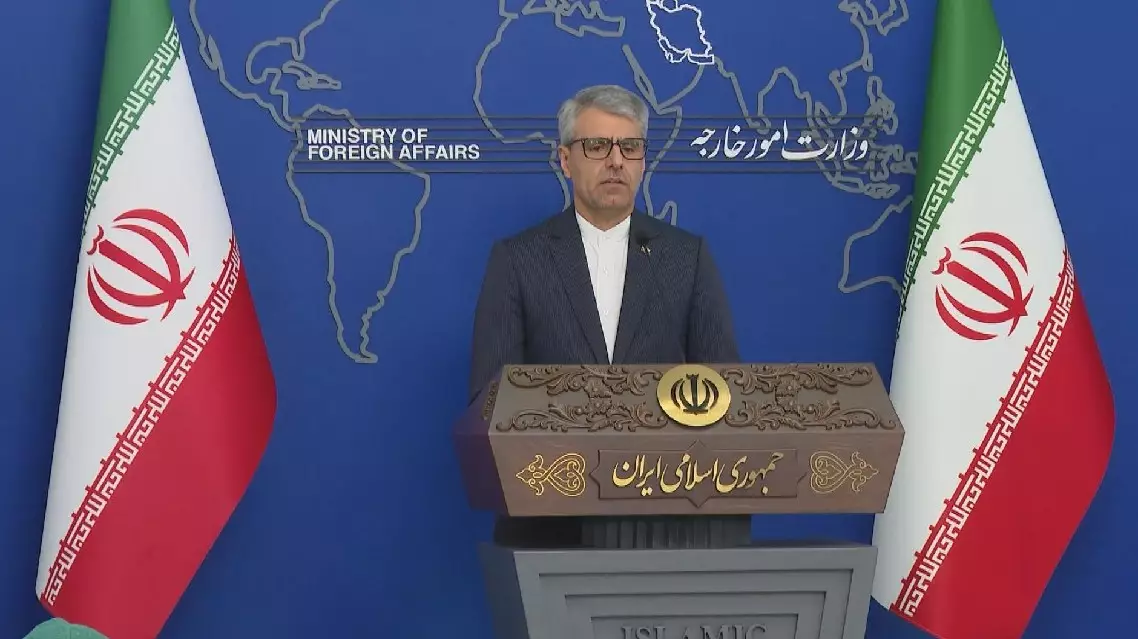
Iran blames US, Israel for Syria conflict, vows continued support for Assad government



